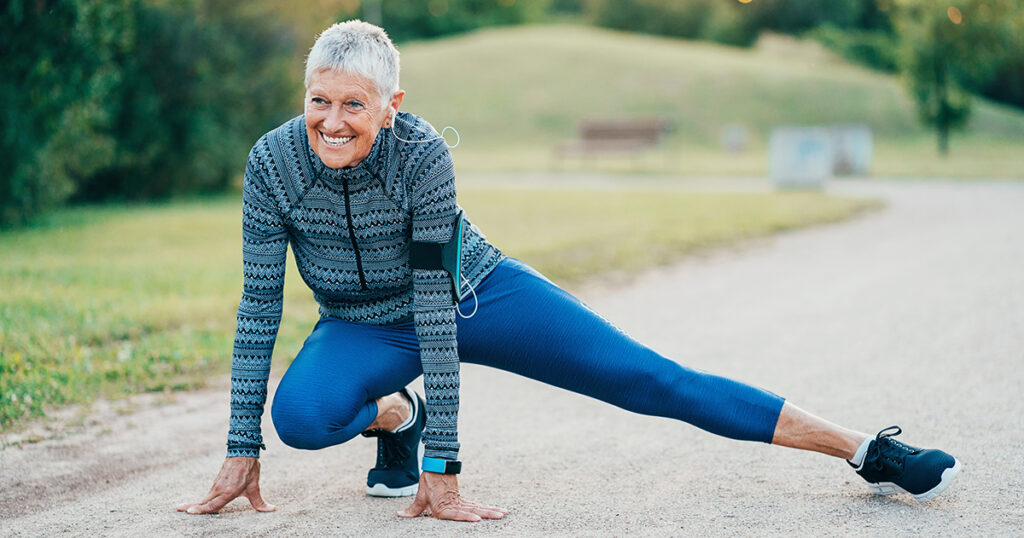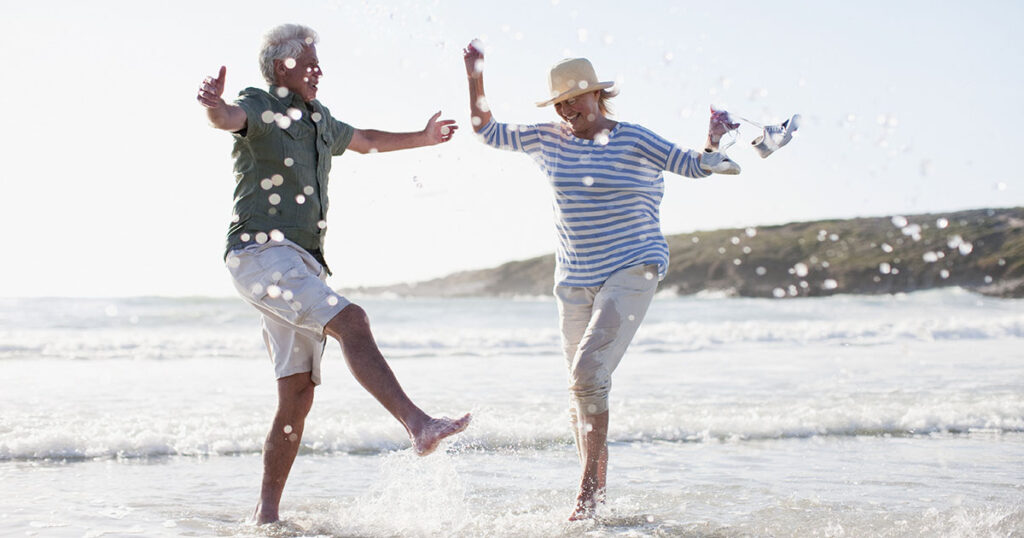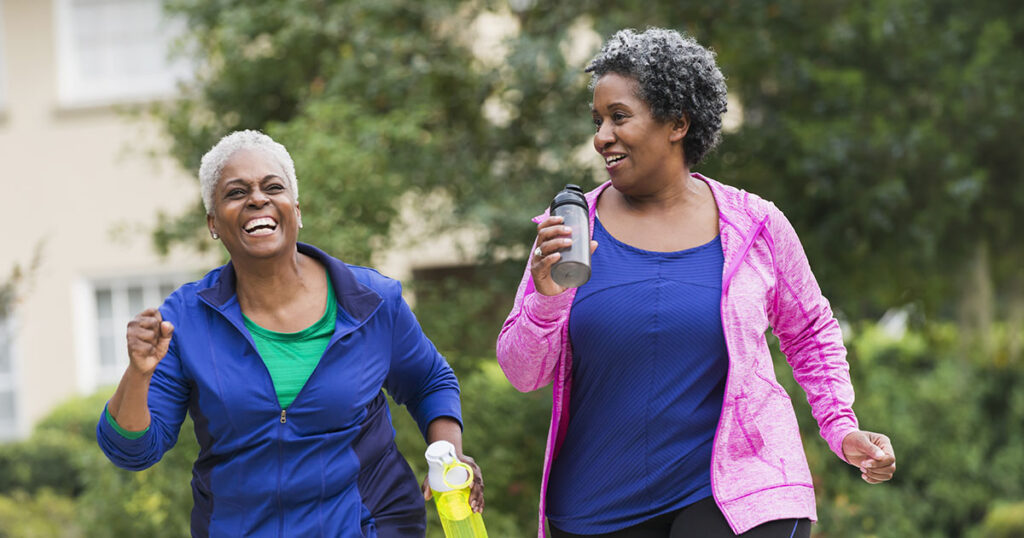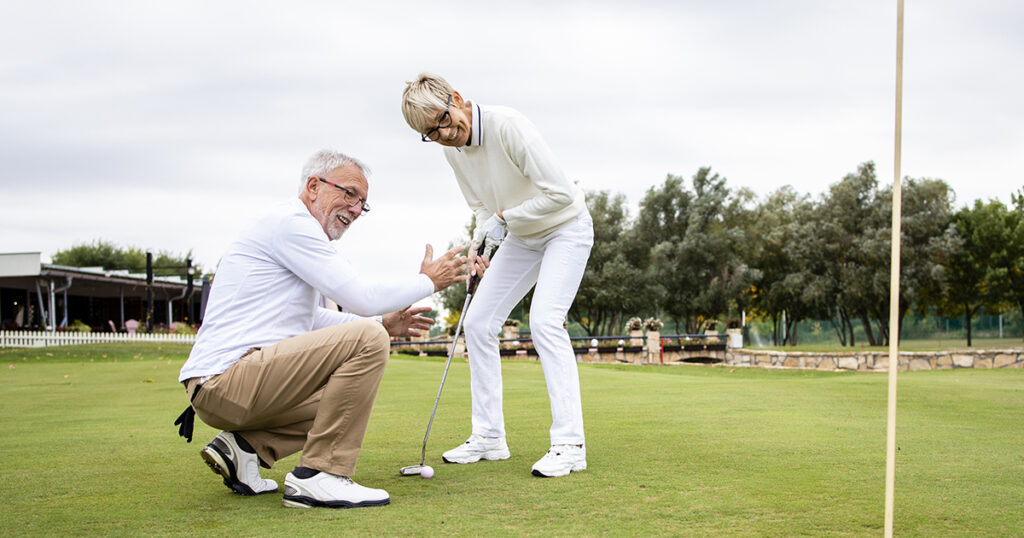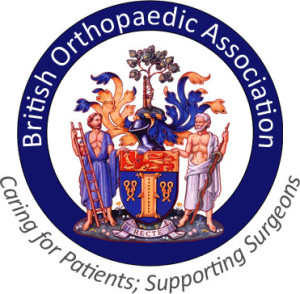We all know that exercise is good for our overall health. Very good in fact. It can have an immediate positive effect and longer-term it can reduce your risk of major illnesses, including cancer, a stroke and heart disease.
However, some individuals worry that it might not be so great for their joints. It’s not unusual for patients to question whether or not their active lifestyle contributed to their arthritis. Arthritis results when the cartilage in your joints wears away. It can be caused by injuries, pre-existing conditions and continual low-level damage. Good news: it’s not caused by exercise.
How keeping fit keeps your joints healthy
Exercise is actually very good for your joints.
- Your joints are supported by muscles and tendons. Exercise helps to strengthen these and protect your joints against injuries.
- When you exercise your blood pumps faster, supplying more nutrients to your cartilage to keep it strong and healthy. Even better, high impact exercise helps to force the nutrients into your cartilage.
- Weight-bearing exercises such as jogging, climbing the stairs and lifting weights help to strengthen your bones and create new tissue.
- Exercise can activate ‘autophagy’ – a process where damaged cells are removed from your joints to provide room for healthier cells.
- Exercise can help you to maintain a healthy weight and improve your posture, which can both reduce your risk of an injury.
Exercising with a musculoskeletal disorder
If you are already suffering from a musculoskeletal injury or disorder such as arthritis, muscle-strengthening exercise can help to reduce your pain and stiffness – and increase your energy levels. It can also help to boost your mood and provide you with a more positive outlook.
Always seek advice from your consultant, GP or a physiotherapist before exercising with an injury. If you wear away your cartilage, this can’t be reversed. Eventually, you may need a joint replacement.
You might need to avoid high impact exercises if they cause you pain initially. Low impact sports include swimming, walking, cycling and yoga. If a particular exercise causes you pain, find an alternative.
Listen to your body, go slowly and don’t overdo it. You might find it helpful to apply some heat to your joints before exercising to relax your muscles – and ice them afterwards to help reduce swelling.
The consequences of no exercise
If you have arthritis and you stop exercising, your joints are likely to become stiffer and more painful, making everyday tasks difficult. Your muscles will get weaker and your bones will become more brittle, increasing your risk of injuries and fractures.
Whether you’re suffering from arthritis or fighting fit, exercise can do your joints the world of good. Best of all it’s free.

